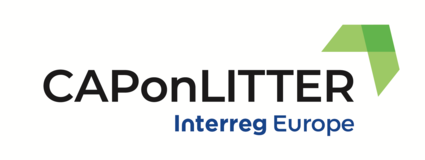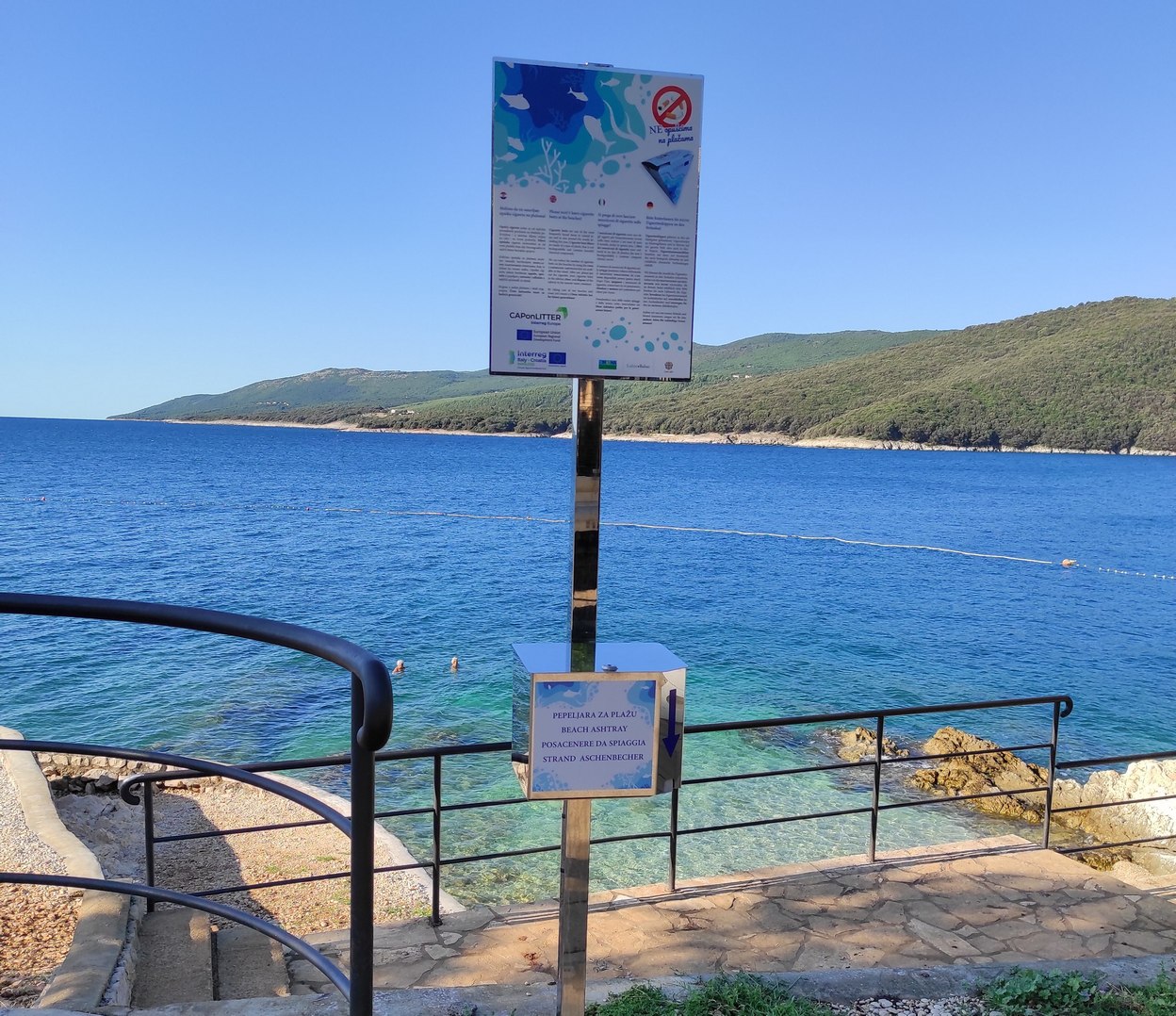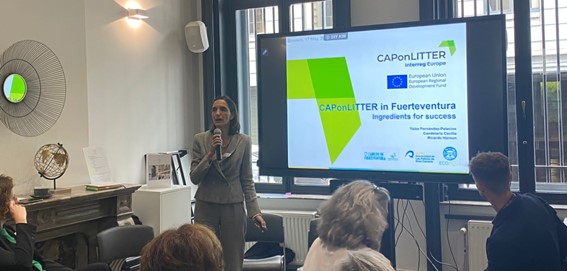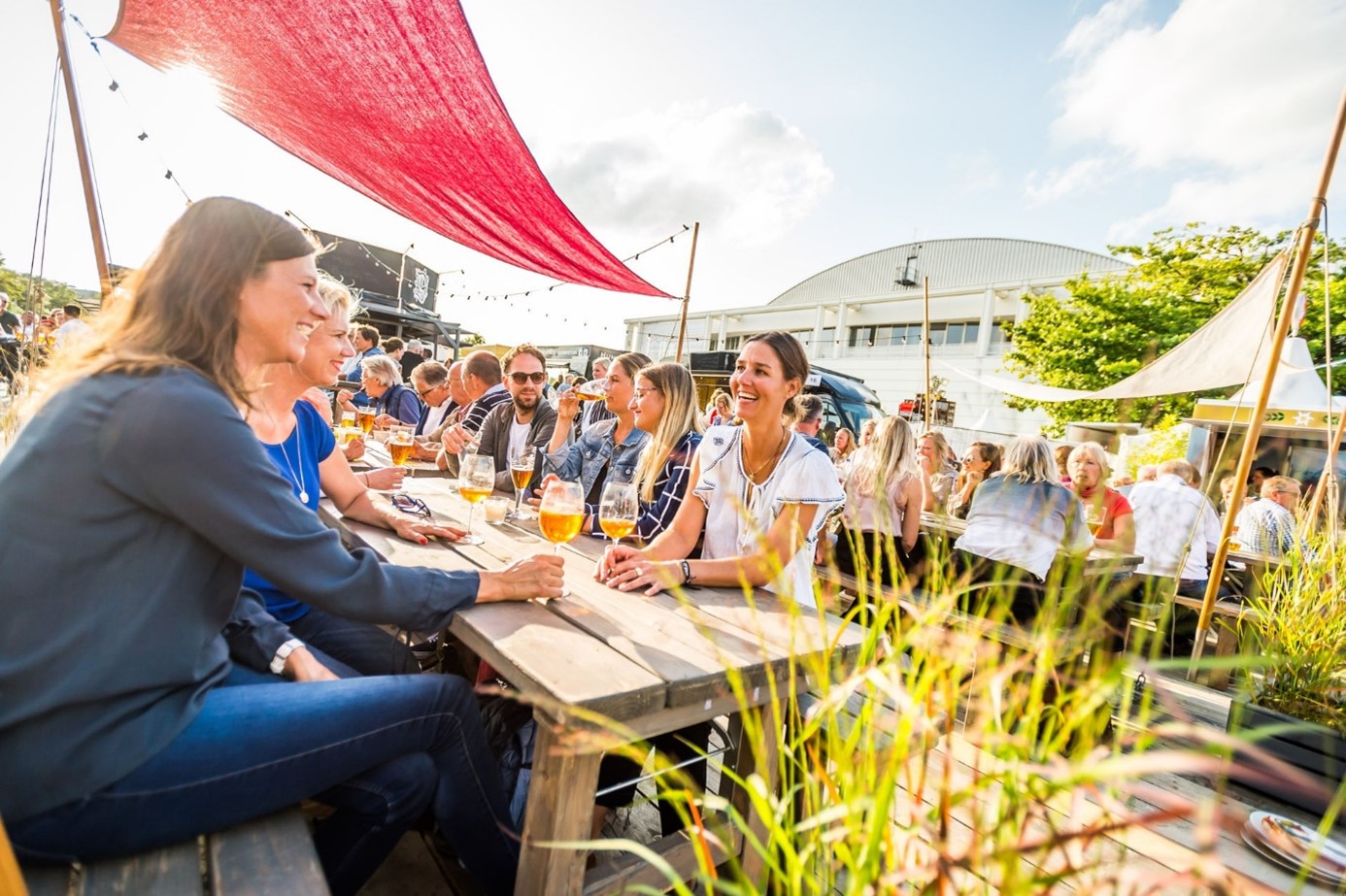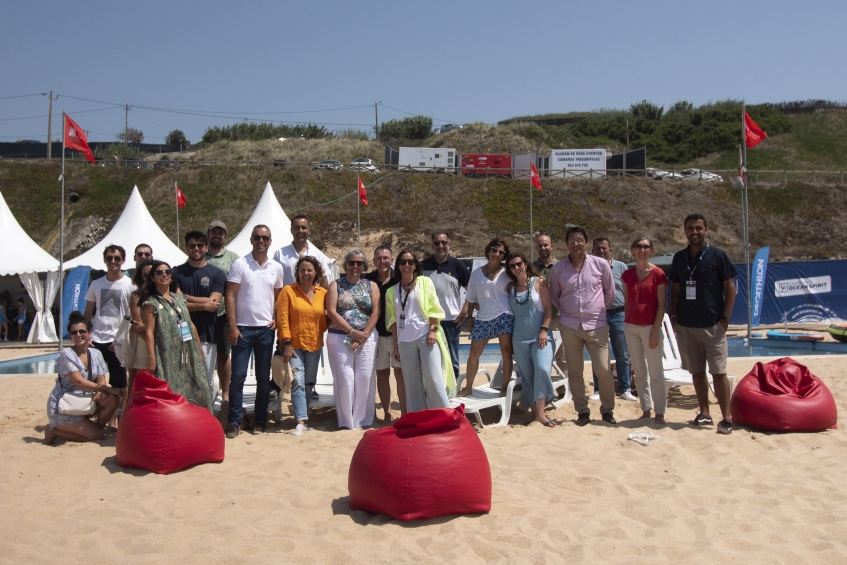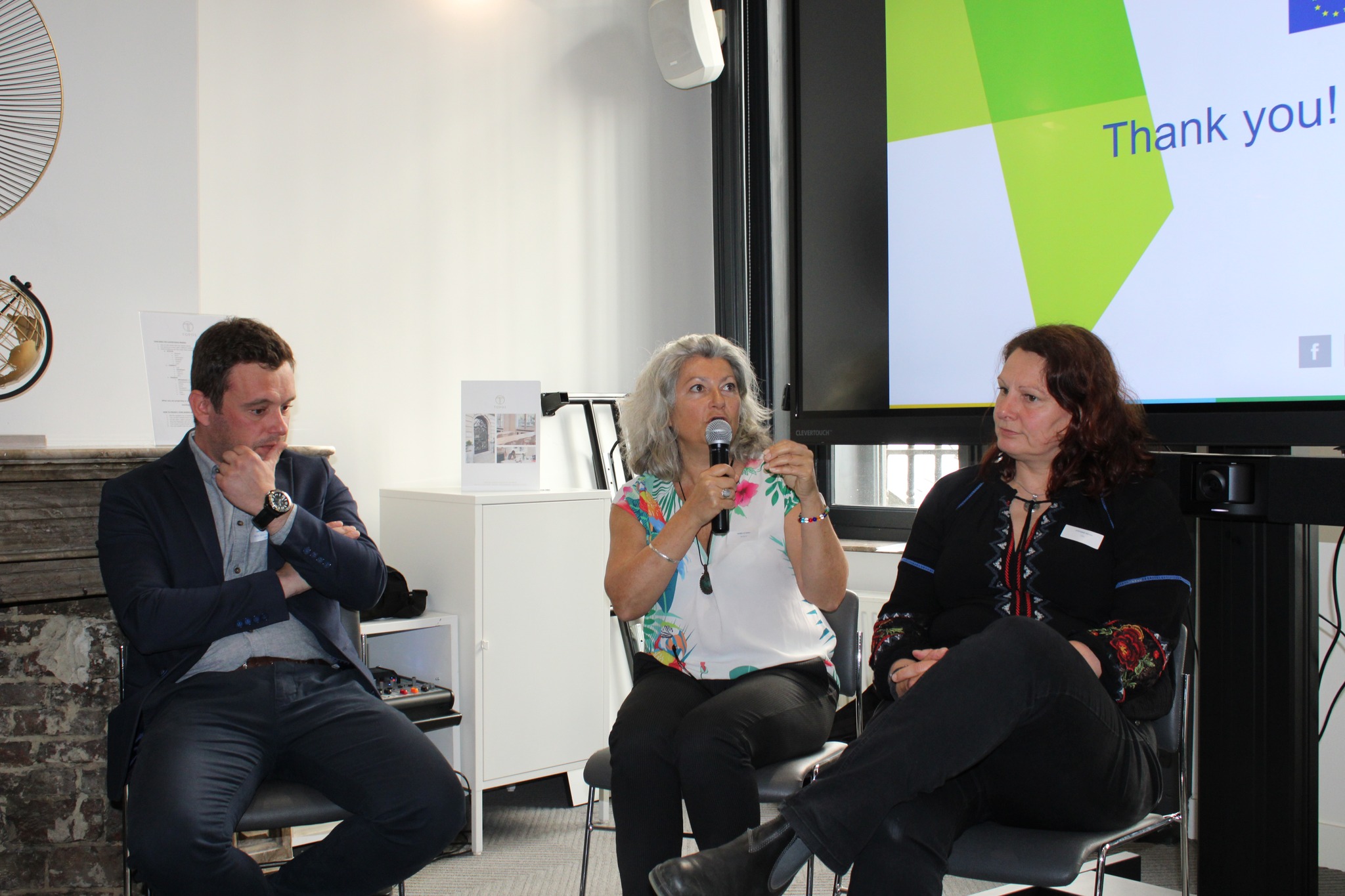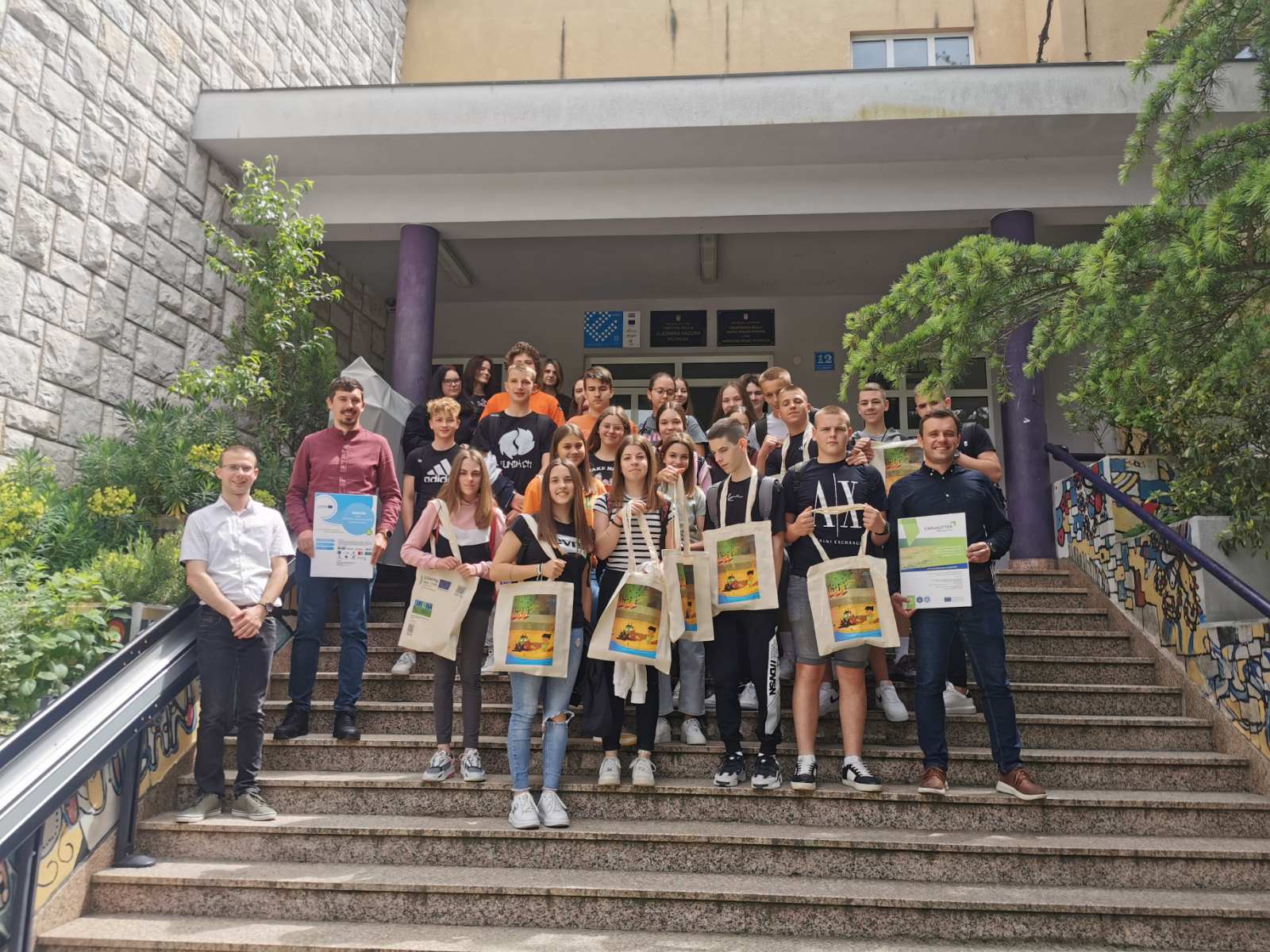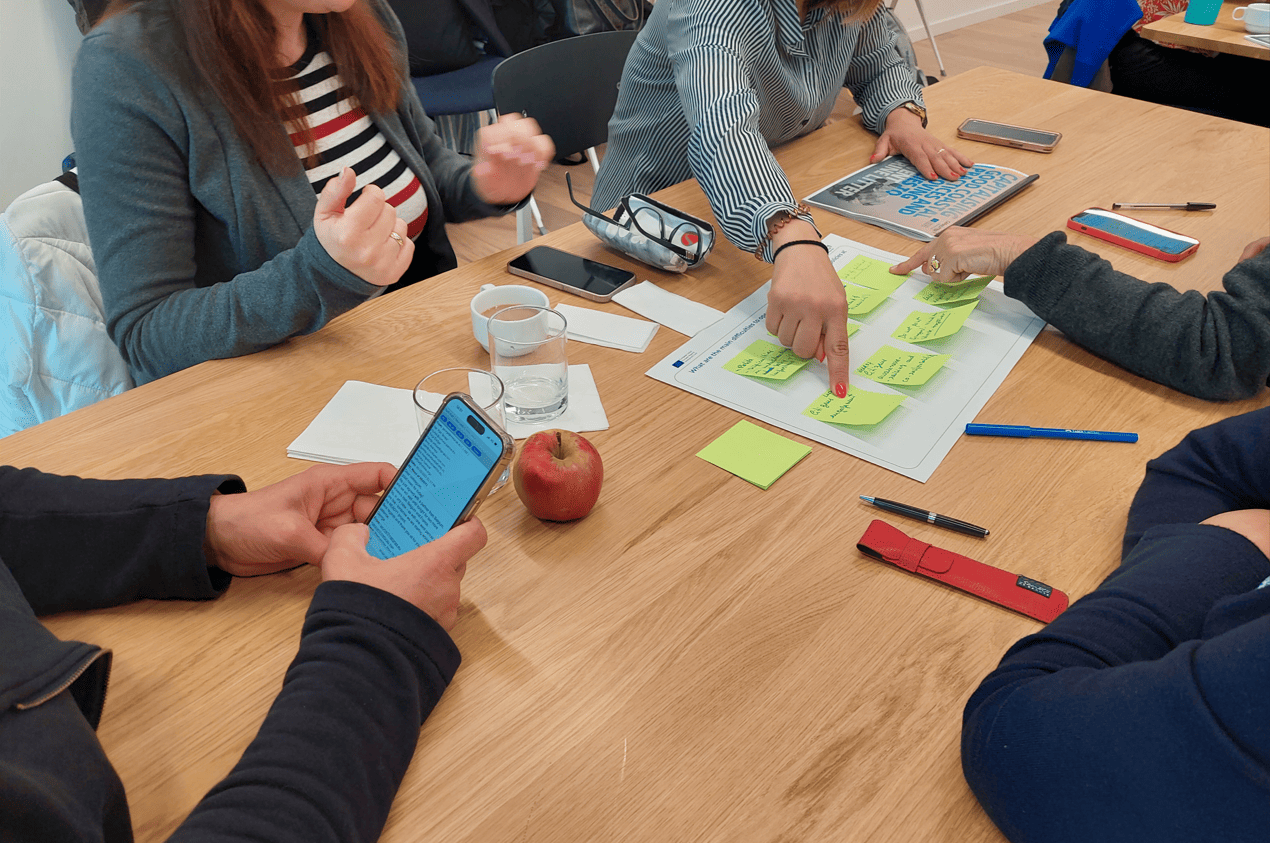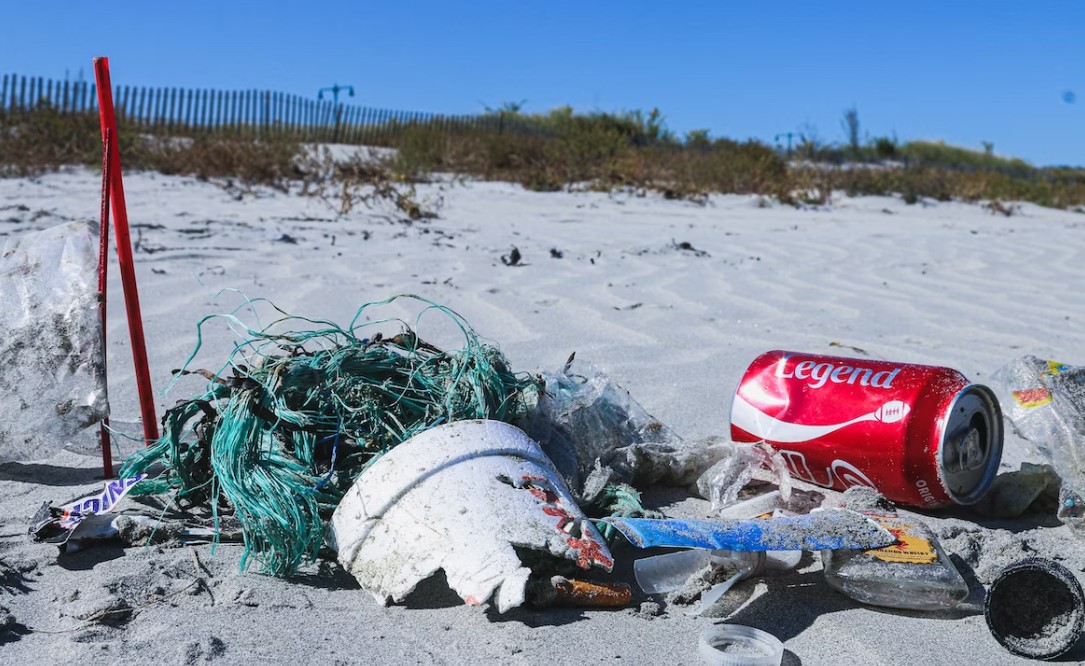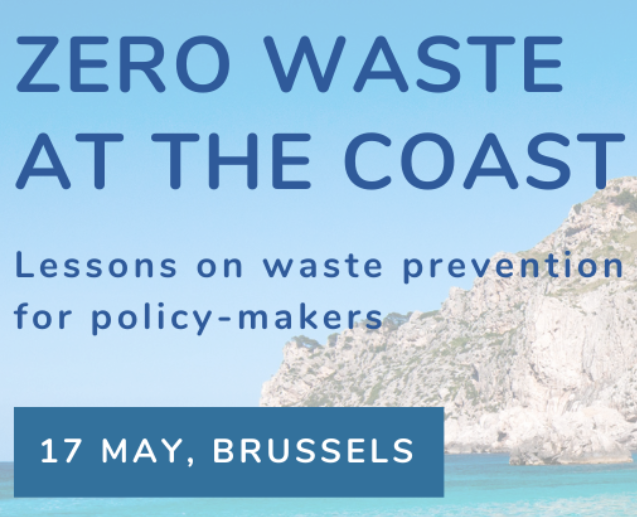The third International Learning Event (ILE#3), a webinar organised by the International Renewable Energy Agency (IRENA), the project partner in Croatia, took place on 15th October.
Different stakeholders from Portugal, Croatia, Bulgaria, Germany, Greece, the Netherlands and Spain took part in the event, presenting their experiences and best practices related to the use of economic instruments aimed at preventing inappropriate waste behaviour, preventing the generation of redundant waste through specific incentives or taxes and encouraging the generalised collection of items through returnable deposit schemes. Likewise, this online meeting served to generate spaces for discussion and learning in which other invited stakeholders whose activity is related to the theme of the event had the opportunity to participate.
The stakeholder invited by the ECOAQUA Research Institute (University of Las Palmas de Gran Canaria) was Tony Gallardo Campos, managing director of the Fuerteventura Biosphere Reserve who, with the presentation 'Tools for the prevention and mitigation of plastic pollution in the Fuerteventura Biosphere Reserve', presented different scientific, government and economic instruments implemented to mitigate the effect of marine litter on the island, highlighting the importance of this type of initiative in small island systems.
From the point of view of governance instruments, this biosphere reserve has the role of advising the island's government on sustainability, particularly with regard to pollution by plastics, climate change and innovative approaches to urban waste and the circular economy.
In this context, from the Fuerteventura Biosphere Reserve work is already underway with other reserves in the named 'Zero Plastic Working Group', of the worldwide network of islands and coastal areas. This working group has been set up by NGOs, tourism entrepreneurs and the commercial sector, to develop and strengthen initiatives on the transition to a zero plastic island. In addition, the Fuerteventura Biosphere Reserve is participating in the preparation of the Canary Islands Strategy for the Blue Economy and the Green Economy and the PIRCAN 2020-2026 (Integral Master Plan for the Canary Islands).
Among the aspects highlighted by Tony Gallardo during his presentation in ILE#3, it is worth mentioning that the Fuerteventura Biosphere Reserve has set up the first Marine Litter Observatory in Spain, financed by the Ministry of Ecological Transition and the Demographic Challenge of the Spanish Government, the Biodiversity Foundation, the island government and the Fuerteventura Biosphere Reserve. One of the main aims of the Observatory is to involve the maritime sector of fishermen, recreational and tourist activities in the prevention of marine litter, mitigating its impact from the socio-economic point of view.
With regard to the application of economic instruments, and taking into account the new situation generated by COVID-19, the Fuerteventura Biosphere Reserve focuses on 3 positive forms of management:
- Inclusion of plastic 0 specifications in the island government's contract.
- Supporting economic rates to innovative projects in the reuse of plastic waste, as well as the installation of reusable and returnable packaging.
- Reward initiatives on good practices in the management of plastic waste.
The organisation of the next International Learning Event (ILE#4), scheduled for the beginning of December, will be led by IU-ECOQUA (ULPGC), in coordination with the Fuerteventura Island Council, through its Department of the Environment, the Fight against Climate Change, Circular Economy and R&D&I. The theme of the event will revolve around the role of local communities in improving the awareness of beach users, and citizen science in the prevention, management and monitoring of marine waste in coastal areas.
For more information about the CAPonLITTER project in Spain, contact the CAPonLITTER team at IU-ECOAQUA ([email protected]) or follow us through the social networks Facebook and Twitter.
Photo credits of the Fuerteventura Biosphere Reserve: Bárbara Abaroa.
